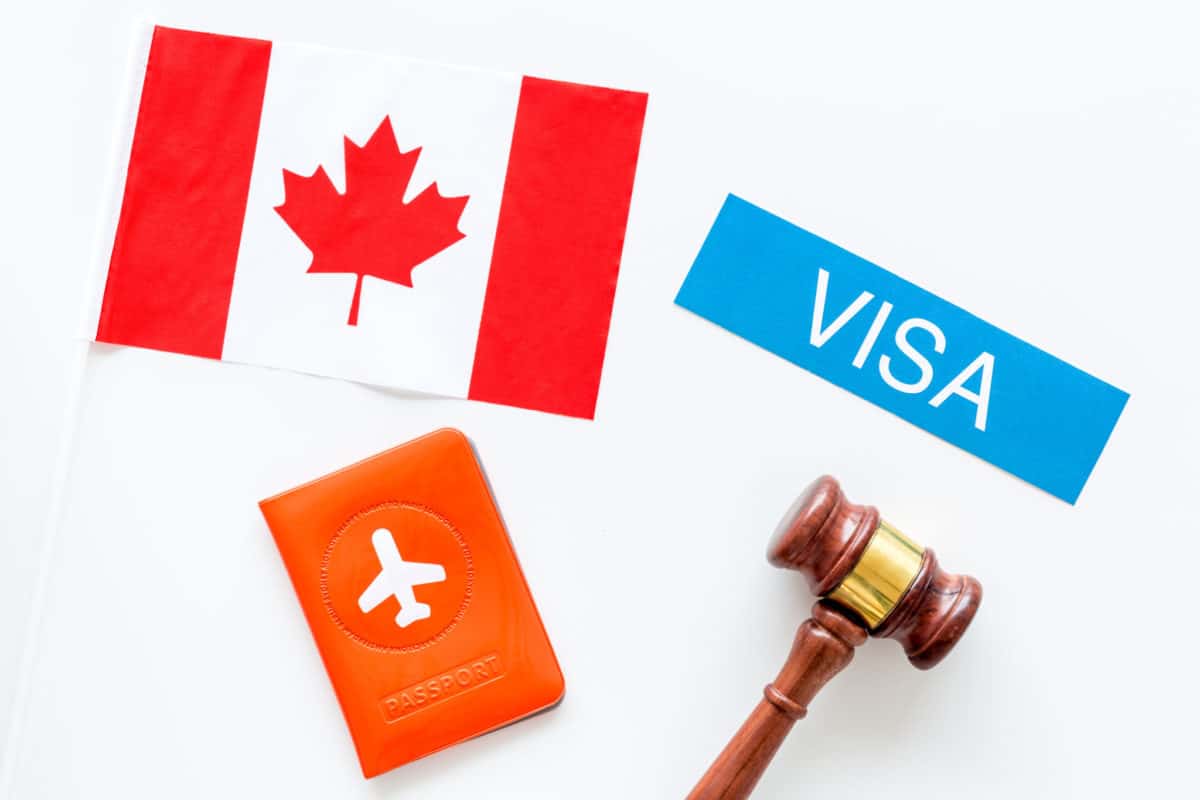International graduates hoping to gain their permanent residency in Canada can do so through a number of immigration programs in Canada, including the Start-Up Visa (SUV) which promises a quicker process for entrepreneurs.
Certainly, Ottawa is bullish on retaining international students – and the skills they bring with them – in Canada where they can help resolve labour shortages and grow the economy.
Canada’s other, established routes to permanent residency for international graduates can take a considerable amount of time.
First, the foreign student studies and graduates from a Designated Learning Institution (DLI). Then, he or she can obtain a Post-Graduation Work Permit (PGWP), depending on the length and type of study.
That work permit allows the international graduate to gain work experience which then counts towards an application for permanent residency through the Express Entry system.
Read More
Canada’s Immigration Ministers Met In Toronto With Aim Of Improving System
How to Apply for Canada’s Start-Up Visa from India
New Quebec Immigrant Investor Program (QIIP) 2024 to Open
But the whole process can take many years. International students and graduates who want to move the process along more quickly can instead opt for the SUV.
Unlike almost every other federal and provincial-level entrepreneur program which requires a minimum of one or two years of previous experience either owning a business or in top-level management, the SUV does not require previous management experience.
The support of a government-designated entity is enough. And that support can be either financial or in the form of accepting the candidate into a business incubator program. Candidates for the SUV program consistently report that it is quick, both for the initial work permit and permit residence application.
With a viable start-up business project, an immigrant entrepreneur can expect it to take about four to six months to secure a commitment certificate or letter of support from a designated entity. Once that letter of support is received, the application for permanent residence can be submitted.
It will then take approximately 18 months from submitting an application to transitioning to a permanent residence visa.
For the candidate to qualify for permanent residence:
- the intended business must be incorporated and carrying on business in Canada;
- the candidate must own at least 10 per cent of the voting rights in the corporation, and;
- no other person can hold 50 per cent or more of the voting rights in the corporation.
Suv Growing As A Route To Gaining Permanent Residence In Canada
In the past few years, the SUV’s rapid access to permanent residency has made it surge in popularity.
By the end of September, Canada had welcomed 800 new permanent residents through the SUV this year, putting the country on track – if the current levels of SUV immigration continue through to the end of the year – for up to 1,067 new permanent residents to settle in the country under the SUV by the end of 2023.
That level of SUV immigration would be 78.6 per cent higher than the 575 new permanent residents who immigrated to Canada under that program in 2022.
Under the SUV, three types of private-sector investors are considered: angel investors, venture capital funds, and business incubators.
A designated venture capital fund must confirm that it is investing at least $200,000 into the qualifying business.
Candidates can also qualify with two or more commitments from designated venture capital funds totalling $200,000. A designated angel investor group must invest at least $75,000 into the qualifying business.
Candidates can also qualify with two or more investments from angel investor groups totalling $75,000.
A designated business incubator must accept the applicant into its business incubator program. It is up to the immigrant investor to develop a viable business plan that will meet the due diligence requirements of these government-approved designated entities.
That’s usually done with the help of business consultants in Canada’s start-up ecosystem with oversight from experienced corporate business immigration lawyers who can ensure a start-up’s business concept meets all industry-required terms and conditions.
Entrepreneurs Can Apply For A Work Permit In Canada Through The Suv
Candidates applying under the SUV can initially come to Canada on a work permit supported by their designated Canadian investor before their application for permanent residence is finalized.
Investing and the development of the business is usually done with the help of business consultants in Canada’s start-up ecosystem with oversight from experienced corporate business immigration lawyers who can ensure a start-up’s business concept meets all industry-required terms and conditions.
The basic government-imposed candidate eligibility requirements for the SUV are:
- a qualifying business;
- a commitment certificate and letter of support from a designated entity;
- sufficient unencumbered, available and transferable settlement funds to meet settlement funding, and;
- proficiency in English or French at the minimum Canadian Language Benchmark level 5. However, it frequently occurs that higher levels of English are needed to meet due diligence requirements imposed by designated entities.
Ottawa does not give financial support to new SUV immigrants. When candidates apply, they need to show evidence they have the finances to support themselves and their dependents in Canada. This money cannot be borrowed.
Settlement Funds Needed Under Start-Up Visa Program
| Number of family members | Funds required |
| 1 | $13,757 |
| 2 | $17,127 |
| 3 | $21,055 |
| 4 | $25,564 |
| 5 | $28,994 |
| 6 | $32,700 |
| 7 | $36,407 |
| Each additional family member | $3,706 |
Additionally, it often occurs that candidates will need to show additional, sufficient funding to meet the start-up costs of their business project, as a condition of investment by a designated entity.
As many as five candidates can have their permanent residence application supported by the same business investment. But that can come with a risk. Certain candidates may be designated as essential to the business. If any of the essential candidates withdraw their applications or are refused, all other candidates under the same business investment will see their applications terminated.
Surveys show SUV candidates usually go on to succeed in Canada, in terms of growing their business, attracting further investment, networking or selling their business for a profit.
Through its Toronto-based facilities, Immigration.ca works extensively with industry-acclaimed designated entities in the Canadian start-up ecosystem. The firm provides a range of hands-on business advisory services to help intending entrepreneur immigrants and their start-up business concept meet all industry requirements.
To find out if you qualify for the SUV program, click here.



